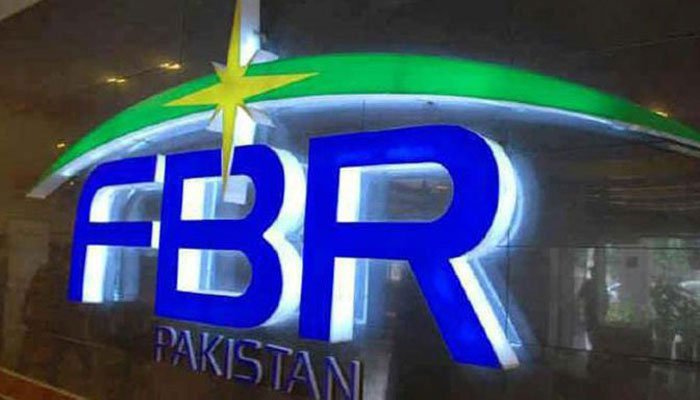FBR instructs bakers, sweet marts to integrate sales: report
Failure to comply would result in penalties, sealing of premises, warns revenue body
January 21, 2020

KARACHI: The Federal Board of Revenue (FBR) on Monday said that bakers and sweet marts falling under the definition of big retailers were required to integrate their sales with the tax authorities.
According to a report published in The News on Tuesday, the FBR said there was no exemption available to bakers and sweetmeat shops under Sales Tax Act 1990 and their sales would be treated similar to retailers.
“All those establishments, whether manufacturers or not, who sell their goods to general public for consumption are retailers as provided in clause (28) of section 2 of the Sales Tax Act, 1990,” the FBR said.
Also read: New tax law allows FBR to share asset declarations with FMU: report
“Therefore, bakeries and sweetmeat shops, selling goods to general public are also retailers. Such bakeries and sweetmeat shops, shall be treated as retailers, and required to integrate point of sales," it said.
Under Tax Laws (Second Amendment) Ordinance 2019, the conditional electricity bill for such retailers have been increased to Rs1.2 million in a year from Rs600,000 previously.
The FBR added that point of sale integration was mandatory for all tier-1 retailers irrespective of items they were dealing in. “All tier-1 retailers are required to integrate their point of sales with FBR’s system.”
Also read: Government adds additional clause on immovable properties in NAB ordinance
However, the FBR said that a sales tax concessionary rate of 14 percent would be applied on locally manufactured textile and leather items in case they integrate their sales with the FBR system.
The FBR further explained that there was exemption from sales tax at 17 percent available to foods products falling under Sixth Schedule of Sales Tax Act 1990.
It said that retailers selling milk, rice, wheat flour, pluses, fruits and vegetables, uncooked meat, poultry, eggs, stationary items, medicine, personal computers/laptops were tax exempted if sold through point of sales.
Also read: FBR's intelligence wing claims big win in campaign against bootlegged liquor
The revenue body further noted that a tier-1 retailer failing to integrate would be liable to penalty of Rs1 million, and in the event of continuing failure, might face sealing of his premises and embargo on his sales.
Another disadvantage of failure to integrate was that the adjustable input tax of the retailer would be reduced by 15 percent, the FBR added, elaborating that a penalty had been introduced for tampering the software for integrated sales.
“Any person who abets or connives with the retailer in suppression of sales or non-reporting of sales may be sentenced to imprisonment for a term which may extend to one year and also to a fine up to two hundred thousand rupees,” the FBR said.
Originally published in The News











